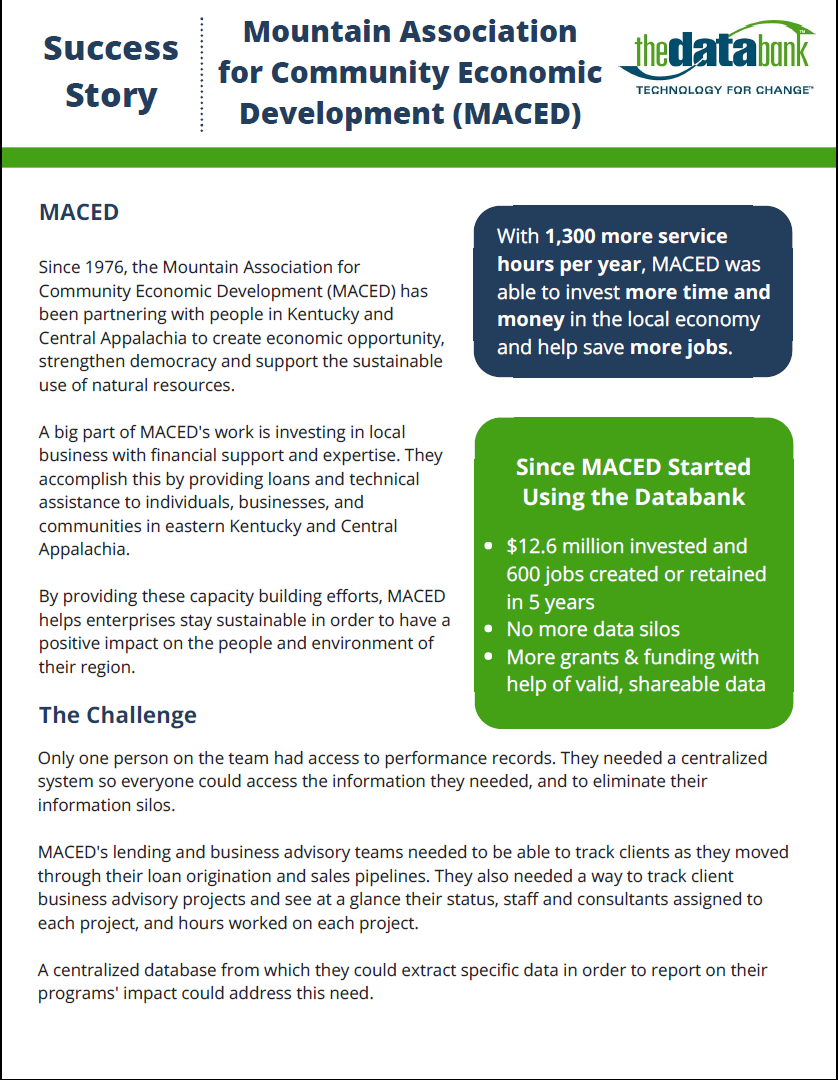Do you know your members? How well do you really know them?
If you open up your database and pick a random member, you probably have good information on how much they’ve given, how often they open their emails, and what events they’ve attended. But what do you know about their personalities? Can you answer questions such as:
Does this particular member need to understand that a plan is proven and achievable before they support it?
Does this member care more that the plan is ambitious and creative, even if it is unproven?
Does the information that you are tracking help you to figure this out?
The truth is, the way many nonprofits use their software is great for tracking people’s journey through a pipeline, or for ranking them based on the actions that they take, but not many organizations use their software to understand the personality of their individual members, and to send messages that “speak their language”. Many email software programs have click-through tracking built-in, which you can use to learn about your members’ personalities. So what do you do with that information once you know what it is?
There are many different schemas for talking about someone’s personality. One such schema was created by Dr. David Keirsey. This schema sorts people into four temperaments based on how they communicate (concrete vs. abstract) and their preference for action (utilitarian vs. cooperative). You may use whichever schema you like, but here’s how you would go about using your schema to understand your members:
Develop content targeted to each personality type
The first thing you want to do is to make sure you have content in your newsletter that speaks the language of the different personality types. So using the Keirsey sorter, you might make sure to have content that matches each temperament as follows.
- Concrete Cooperators: practical minded with a focus on respecting rights of others, duty and responsibility
- Abstract Cooperators: focused on future possibilities and what’s good for others
- Concrete Utilitarians: focused on concrete actions that lead to measurable, immediate results
- Abstract Utilitarians: focused on practical solutions to intriguing problems.
Group clicks based on type of article
Using the click-through tracking in your email software, decide how you will track each type of article. Your email software will usually allow you to name or categorize your click-through links. I recommend creating a category for each type of personality you are trying to target and grouping your links accordingly. This way, you’ll be able to search for all the clicks on a particular type of article over time. If your fundraising software allows it, you can also build a separate donation form for each type of ask to track giving as well.
After several months of tracking this, you should have enough information to be able to tell which of your constituents like what types of articles, i.e. you will know more about the personality types of your individual constituents.
What do I do with this information?
Attention is a finite resource, and knowing the personality types of your members means that you can use the attention that they have given you to speak to the issues that they care about most, in the way that they care about them. With this information, you will be better able to mobilize your supporters to give, write a letter to their legislator, or whatever action supports your cause.









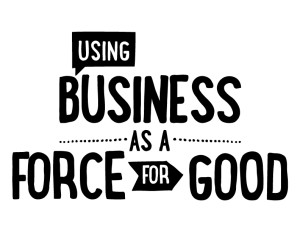

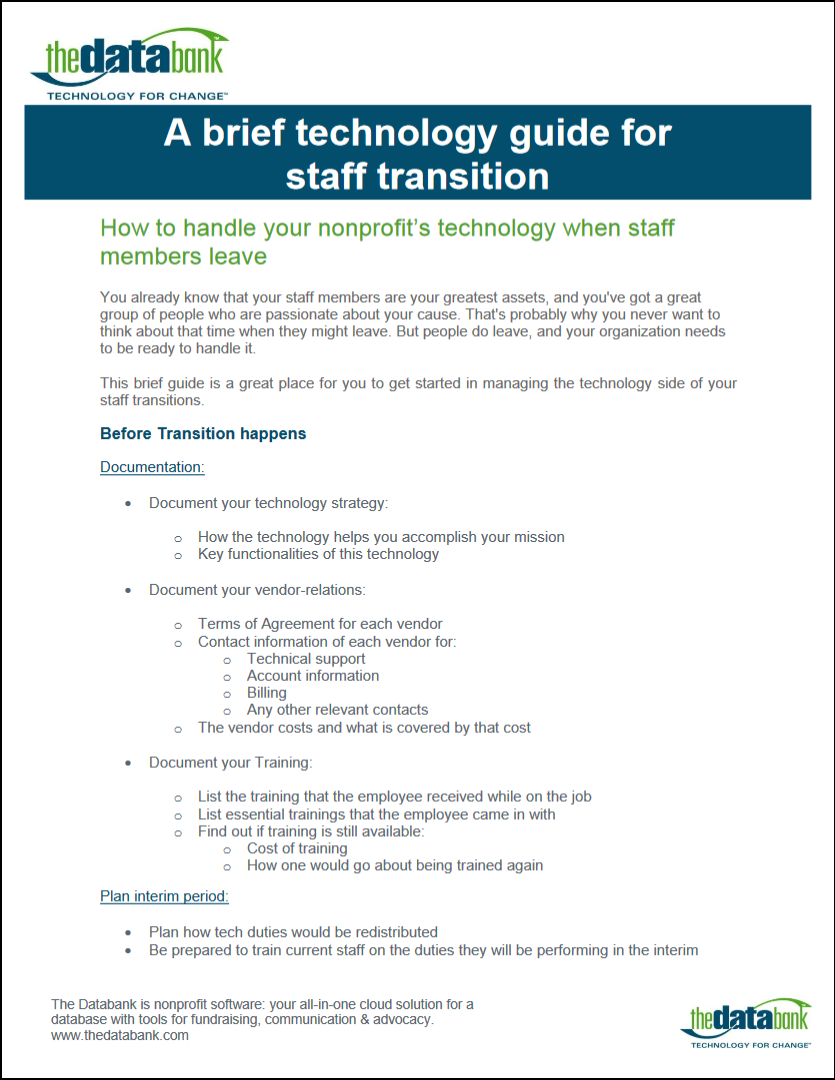

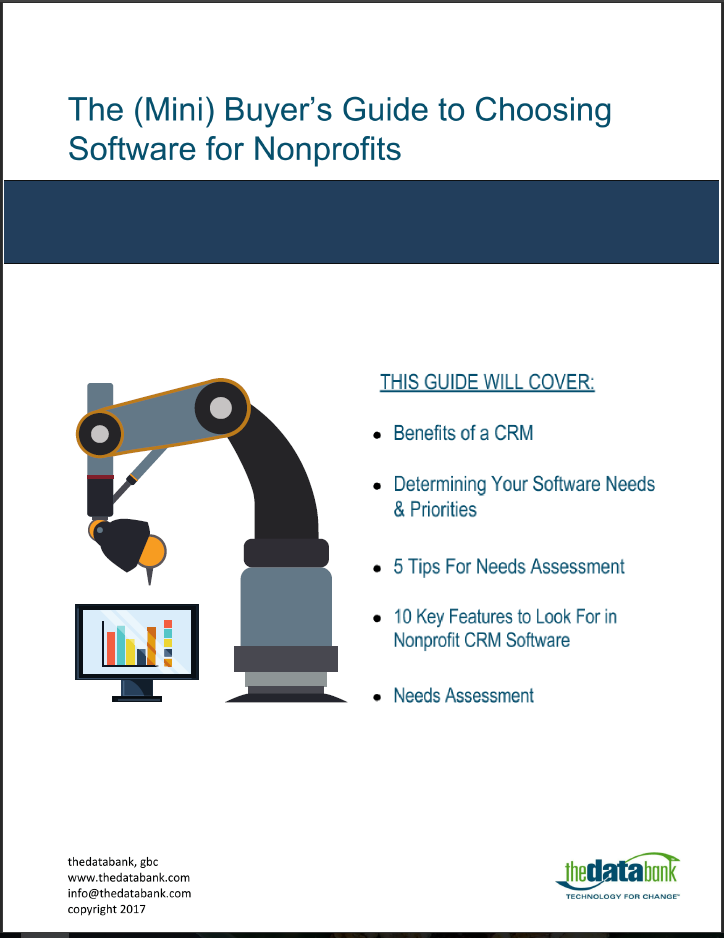


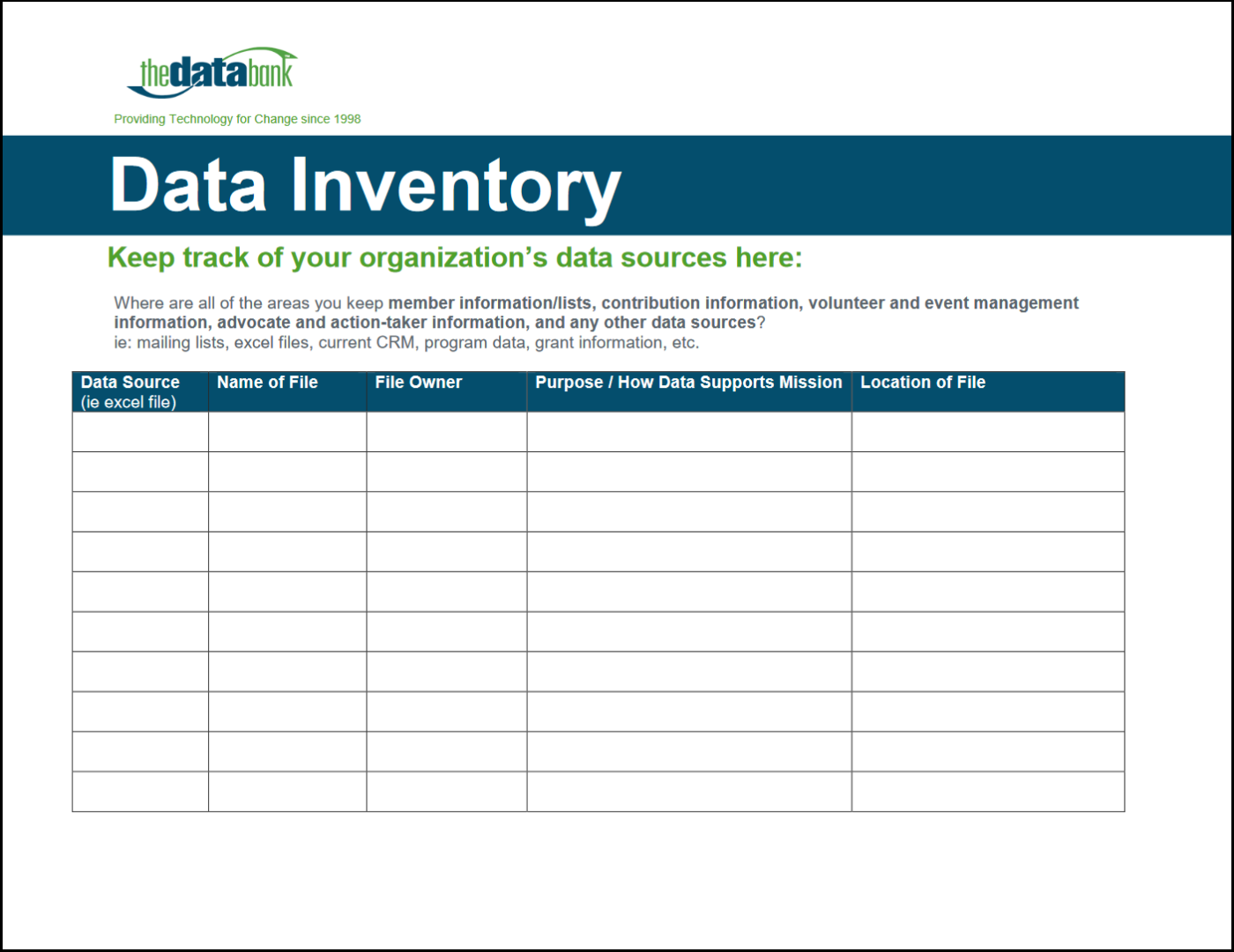




 thedatabank, gbc is technology for change, and we walk the talk.
thedatabank, gbc is technology for change, and we walk the talk. 